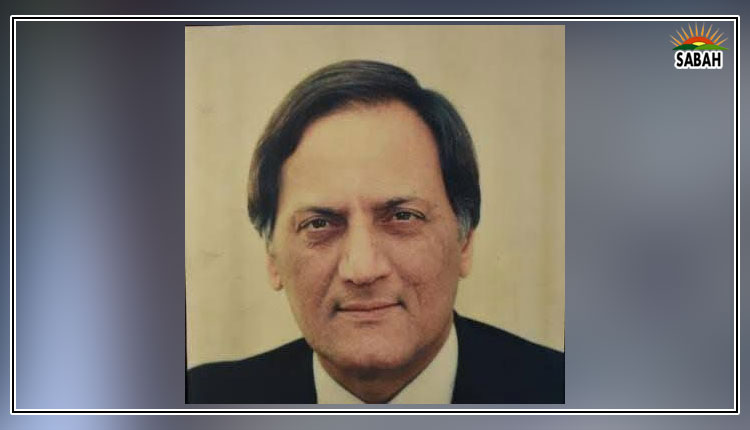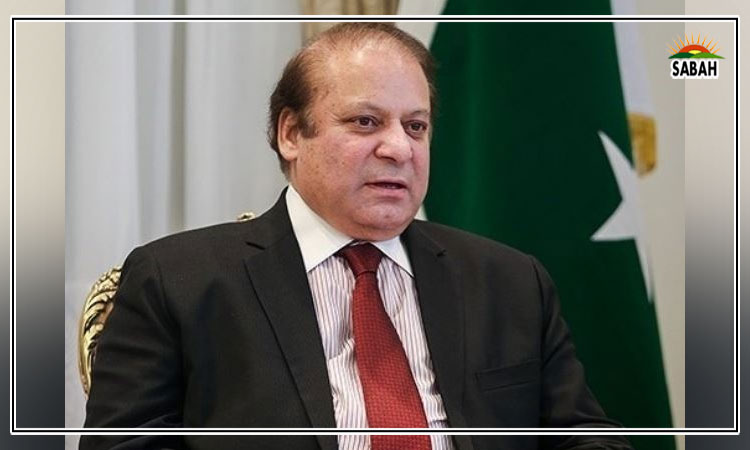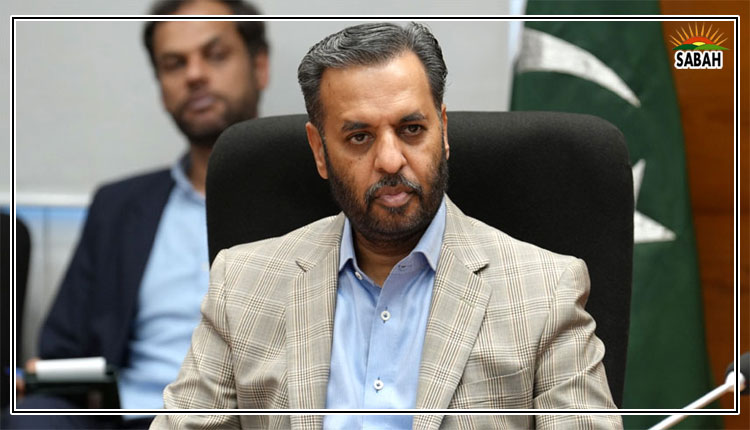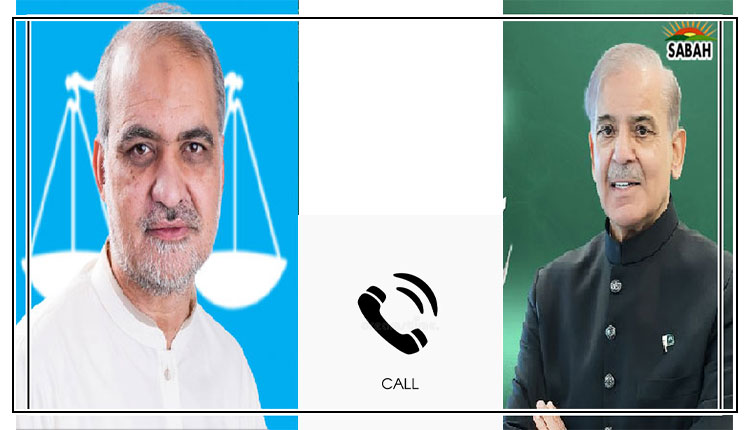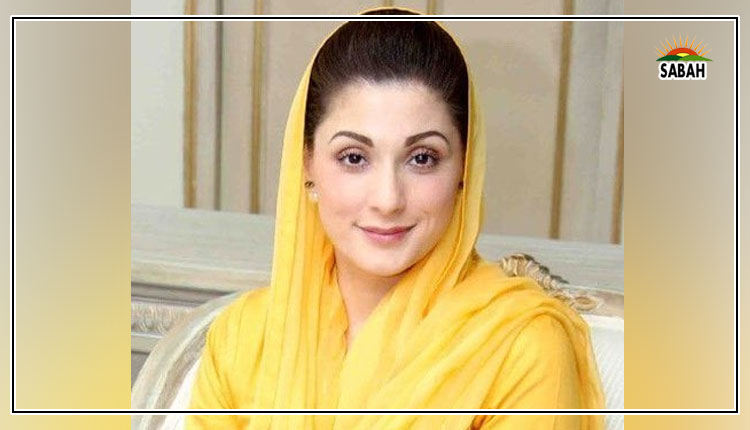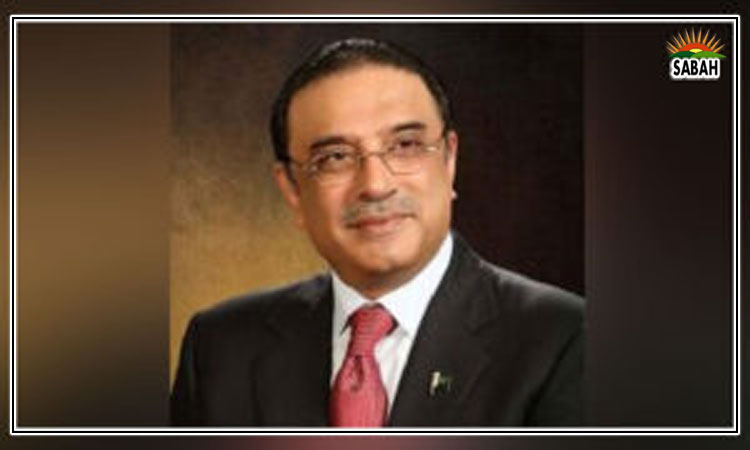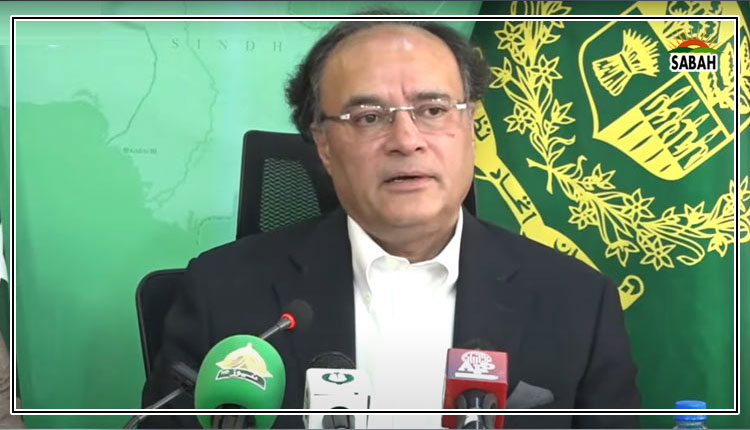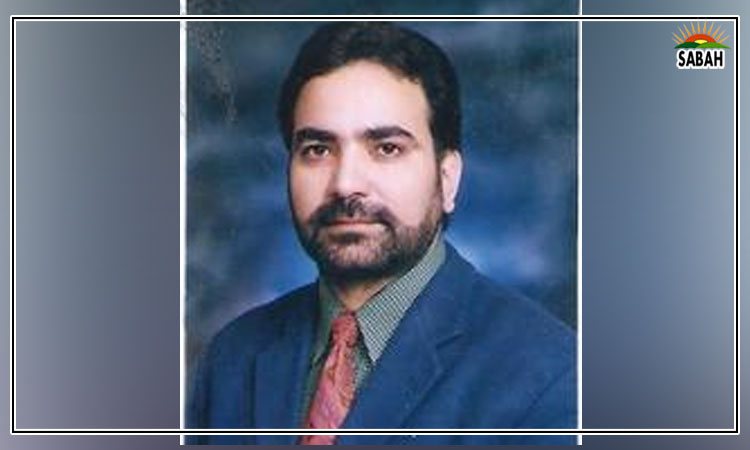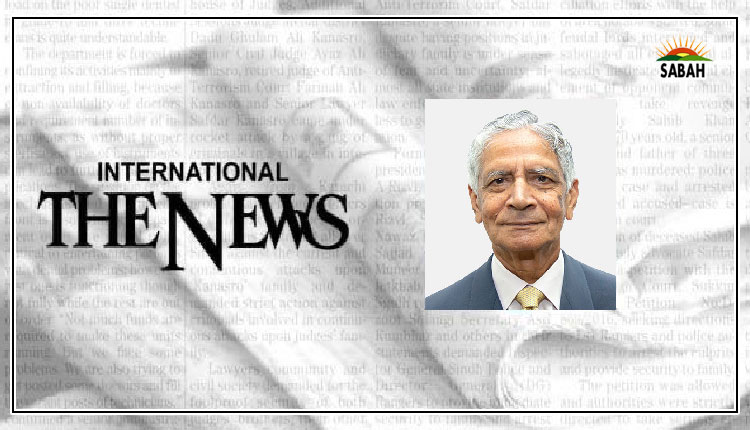Is this a democracy in decline? ….. Touqir Hussain
The US is in crisis – not one but many. In case you are wondering, Trump did not create these crises; they were already there. He merely exploited them to come to power and then aggravated them to create a new America malleable to his ambitions.
Trump has now become the emblem of America in crisis. The most critical challenge of course is that of the decline of democracy. Others relate to socioeconomic issues, security, geopolitics, and above all the changing identity of America.
Democracy has been declining in America for decades, especially under the impact of money and media. Globalization, the emergence of the Silicon Valley and the dot-com era, the rise of China, deregulation, and the liberalization of the capital markets brought unprecedented prosperity. And with the mushrooming 24/7 cable television, soon to be joined by the internet and social media, came the revolutionary electronic media. With big money and big media came big influence.
As money and politics began chasing each other, it gave a new opportunity to the media, especially the commercially motivated 24/7 cable TV, to be a broker between special interests, politics and the public. The media interpreted the world around people and made choices for them, even choosing their politics. By appealing to emotions rather than to reason, it changed the way people saw themselves and the world around them. In time, the media came to exercise more public influence than politicians.
So in the interest of power, politicians who used to lead started being led by a largely misinformed public. And democracy became more about the pursuit of political power and less about public interest. Getting elected became formula politics where politicians pandered to special interests and the mindset and worldview of a core group of supporters known as the ‘base’.
The values of the ‘base’ on each side became extreme over the years. Democrats for instance developed a coalition of progressive, black and Hispanic voters. Republicans found their support among rural, older, White Christians – mostly non-college degree holders – and the libertarians and corporate interests searching for low taxes, less government and deregulation. There were gun lovers on both sides, but the Republicans were socially more conservative.
Resting their support on their base, politicians would then reach out to the middle ground with election promises they often could not keep though they still won elections. They could win elections without doing much for the constituents. In a way, it was the American equivalent of the Pakistani phenomenon of the ‘electable’. Power and politics made policy, not public interest.
Soon the consequences caught up with the politicians. The world had changed and so had America, first by globalization and then by 9/11. And the full effect of these changes became evident. Income levels were falling, affecting the so-called ‘American dream’. China and globalization were taking jobs and factories away from the US, abetted by a new breed of globalist elites who gave primacy to personal and corporate interests over the public interests of the working class.
People felt victimized and excluded at the hands of elements they did not understand prompting them to look for scapegoats. All this created social discontent and poverty leaving the lower classes behind. These socioeconomic changes were graphically spelled out in US vice-presidential nominee J D Vance’s 2016 book ‘Hillbilly Elegy’.
Endless wars that served elite interests caused resentment abroad and grievances at home. The 2008 financial crisis caused by a huge moral failure at Wall Street aggravated social discontent and income inequality, causing wider economic grievances. Net result: people lost faith in their political system.
While Republicans and Democrats each tied to their base and special interests vied for political power in a gladiator sport with the help of partisan media, people felt marginalized. The media, led by Fox News, found it provocative to emphasize the conflict between the mindset and the worldview of the respective bases of the two parties and then exploit their biases and antipathy towards each other.
Fox News, through anchors like Sean Hannity and Tucker Carlson, and right-wing radio talk shows led by Rush Limbaugh, promoted ‘monstrous lies’ in support of the political right. Fox thrived on grievance and alienation, and there was enough of it caused by global and domestic forces. Fox catered to them with xenophobia and right-wing politics blessed by the Christian right. That led to a divided country followed by polarized politics, and radicalized political parties, especially the Republican Party. Both Democrats and Republicans began defining themselves as opposed to the ‘other’.
Polarization made not only politics but governance also dysfunctional. Serious discussions on serious issues suffered not just because of polarization and politicization of issues but also because of their trivialization, with news packaged as entertainment at the hands of entertainment giants like Disney, Time Warner and Viacom that came to own many TV networks including ABC and CNN. The news entertained – and was feeding and fed on people’s politics.
Long before the era of fake news and QAnon conspiracy theories, it had already become a big challenge for people to know the truth, especially since America had become an entertainment-obsessed society – more so after the arrival of the streaming networks on TV. The environment was perfect for fostering uncritical thinking vulnerable to suggestion and propaganda. Political campaigns had become advertising on the pattern of Madison Avenue.
The situation was ripe for a demagogue as both parties had become unpopular. He built a smart coalition of the aggrieved and became their champion, portraying his struggle as a struggle against the system which he called ‘broken’. He has been trying to dismantle the system and weaken the institutions with the help of his base – for his own benefit.
Trump resurrected another important issue in the history and culture of the US and injected it into the political debate: the American identity. In his final book, ‘Who are we?’, Samuel Huntington, the author of the classic ‘Clash of Civilizations’, gave a preview of the revival of the identity issue. America’s white identity he said was changing with the demographic changes, immigration, refugees, and the rise of globalist elites. It was becoming difficult for the Americans to know who they were. Little did Huntington know that Americans would find the answer to who they were by reasserting white supremacy.
The Christian Right had been rising for a long time but got a big push with the revival of the white identity and the rising fears of white people about the loss of their supremacy. Christian identity turned the revival of white supremacy into ideology on a mission for which two developments merged to create a critical mass. Obama’s election was mistakenly seen as symbolic of the rise of the black community, causing a severe white backlash. And the Democrats’ increasing shift to the left with support for LGBT rights, abortion rights, immigration, and gun control provoked a shift towards conservative social values in the name of Christianity.
Finally, America faces a geopolitical challenge as well. Its global hegemony is under challenge from rival rising powers who are constraining its ability to dominate the world as before. Of particular concern is the rise of China, a concern that is now consuming American foreign policy. The anti-China sentiment is the strongest it has ever been in the Congress.
But let us keep the above in perspective. For all its moral failure, forever wars, the inhumanity of its Middle East policies, political dysfunction and perceived ‘decline’, the US was still a consequential power. Its resilient economy, landmark achievements in science and technology, extraordinary innovation and creativity in research and development and its dynamic system of higher education remain impressive and enviable.
The writer, a former ambassador, is adjunct professor at Georgetown University and visiting seniorresearch fellow at the National University of Singapore.
Courtesy The News



